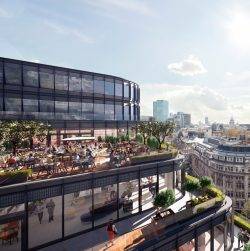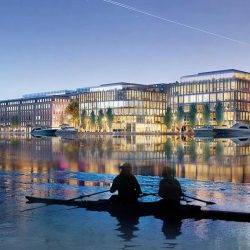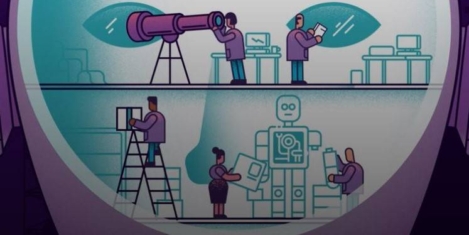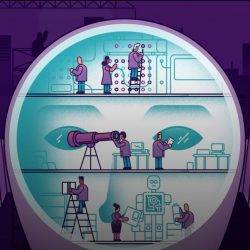May 3, 2019
Take up of office space in central London strongest for six years
 The first quarter of 2019 saw take-up of office space in central London at its strongest for six years, as it continues to outperform expectations. This is according to Savills, which also reports 1.16 million sq ft of new lettings being agreed in the City of London. In the West End, 42 transactions completed in March alone took total activity for Q1 2019 to 98 office lettings. In the City, there were 100 occupational deals for the year to date, of which 33 completed in March. The tech & media sector accounted for the largest share of take-up in the West End, at 25 percent, while the City benefited from a surge of serviced offices.
The first quarter of 2019 saw take-up of office space in central London at its strongest for six years, as it continues to outperform expectations. This is according to Savills, which also reports 1.16 million sq ft of new lettings being agreed in the City of London. In the West End, 42 transactions completed in March alone took total activity for Q1 2019 to 98 office lettings. In the City, there were 100 occupational deals for the year to date, of which 33 completed in March. The tech & media sector accounted for the largest share of take-up in the West End, at 25 percent, while the City benefited from a surge of serviced offices.











 Sage has released its annual
Sage has released its annual 


 The tech sector is facing high departure rates as employees’ complain of work impinging on their home life, coupled with a lack of learning & development opportunities. It’s been estimated that vacancies already outweigh skilled talent in the UK tech industry, where there are an estimated
The tech sector is facing high departure rates as employees’ complain of work impinging on their home life, coupled with a lack of learning & development opportunities. It’s been estimated that vacancies already outweigh skilled talent in the UK tech industry, where there are an estimated 


 Despite
Despite 













May 1, 2019
Your company has a culture, whether you have designed one or not
by Jonathan Richards • Comment, Workplace
(more…)